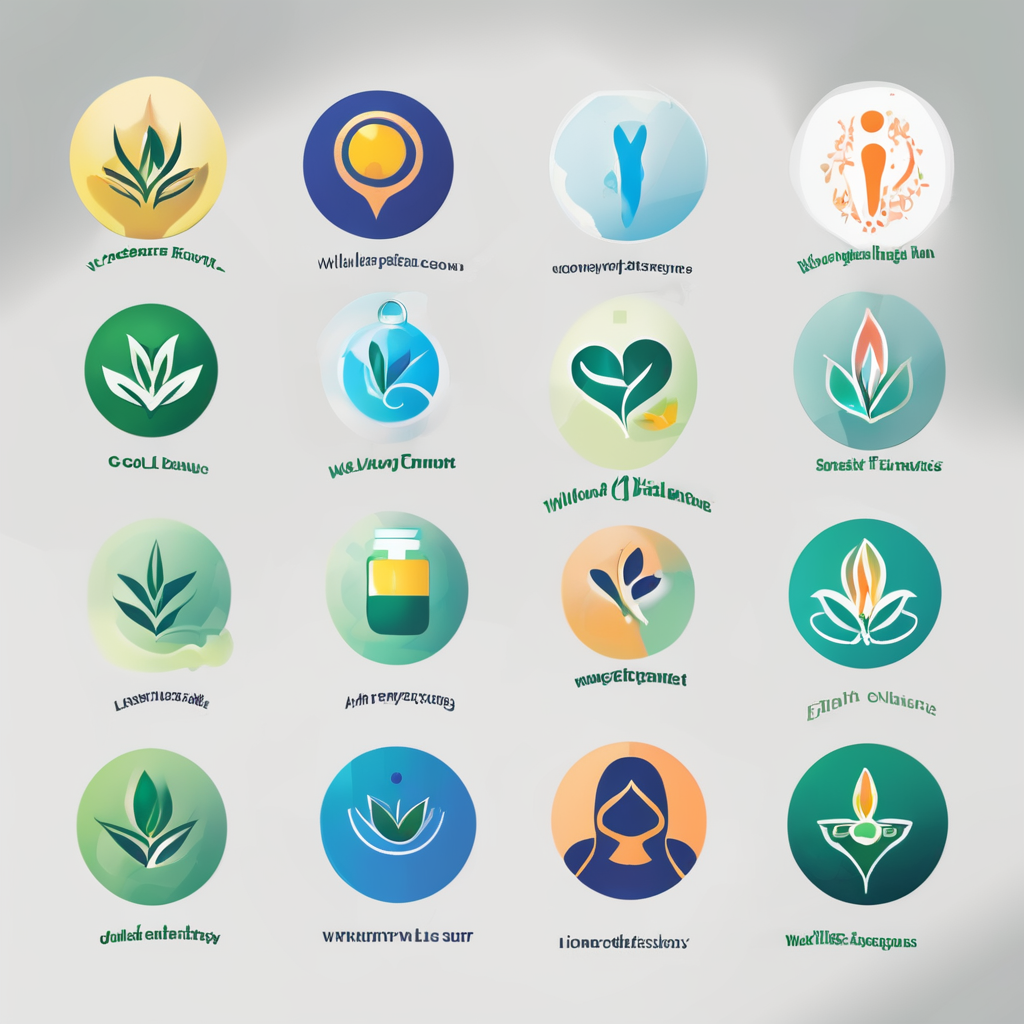Pregnancy is a remarkable journey filled with excitement and anticipation. Yet, it can also bring about significant stress and anxiety for many women. During this crucial time, embracing mindfulness can be an invaluable tool. Mindfulness practices, particularly meditation, have gained popularity for their ability to reduce stress and promote well-being. In this article, we will explore how pregnant women can incorporate these practices into their daily lives, enhancing not only their experience of pregnancy but also benefiting their future baby. Through evidence-based resources such as PubMed, we will examine the positive effects of mindfulness on both mental and physical health during pregnancy. You will discover insights into managing anxiety, fostering a sense of calm, and preparing for childbirth. Let’s embark on this journey together, empowering you to embrace mindfulness and improve your overall pregnancy experience.
Understanding Mindfulness and Its Benefits During Pregnancy
Mindfulness involves paying attention to the present moment without judgment. This practice encourages individuals to become aware of their thoughts, feelings, and physical sensations, fostering a deeper connection with themselves. For pregnant women, mindfulness can be particularly beneficial. Engaging in mindfulness practices allows you to navigate the emotional ups and downs of pregnancy with greater ease.
Have you seen this : How can cultural beliefs and practices shape the experience of pregnancy and childbirth?
Research indicates that mindfulness can significantly reduce stress and anxiety in expectant mothers. According to studies published in PubMed, women who practice mindfulness report lower levels of tension and worry. This can lead to a more relaxed pregnancy experience, which is essential for both the mother and the developing baby.
Incorporating mindfulness into your daily routine can also enhance your overall health. It empowers you to listen to your body, recognize when you need rest, and promote healthy habits. This self-awareness can lead to better decision-making regarding nutrition, exercise, and self-care, all vital during pregnancy.
Also to read : What role does genetics play in prenatal health and potential complications?
Moreover, mindfulness fosters emotional resilience. By cultivating a non-reactive awareness of your thoughts and feelings, you can develop a healthier relationship with any negative emotions that arise. This helps you approach challenges with a clear mind, reducing overwhelm and enhancing your sense of control over your pregnancy.
In summary, mindfulness is an effective practice for pregnant women, promoting emotional well-being, reducing anxiety, and enhancing physical health. By embracing mindfulness, you can enhance your overall pregnancy experience and lay a strong foundation for motherhood.
Incorporating Meditation into Your Daily Routine
Meditation is a core aspect of mindfulness practice. It involves focusing your mind, often through techniques like breathing exercises or guided imagery. For pregnant women, meditation can be particularly beneficial in managing the emotional and physical changes that come with pregnancy.
To start, set aside a few moments each day for meditation. You might find it helpful to create a cozy, quiet space where you feel comfortable and relaxed. You can spend anywhere from five to twenty minutes in meditation, depending on your schedule. Start by finding a comfortable position, either sitting or lying down. Close your eyes and focus on your breath. Inhale deeply, allowing your abdomen to expand, and exhale slowly. This simple act of conscious breathing can ground you in the present moment.
Guided meditations are also a fantastic resource. Many apps and online platforms offer pregnancy-specific meditation sessions. These sessions often include affirmations and visualizations tailored for expectant mothers, helping you connect with your baby and envision a positive birth experience. Listening to soothing music or nature sounds during meditation can enhance relaxation further.
As you continue your meditation practice, you may notice improvements in your emotional state. Studies have shown that regular meditation can lead to decreased anxiety levels, better sleep, and increased feelings of happiness. Feeling calmer can help you navigate the inevitable challenges of pregnancy more gracefully.
Additionally, consider joining a group meditation class or online community for pregnant women. Engaging with others can provide support and encouragement, making the practice feel more enriching. By incorporating meditation into your daily routine, you can cultivate a peaceful mindset and improve your overall pregnancy experience.
Mindfulness Techniques for Stress Management
Stress management is crucial during pregnancy. High levels of stress can negatively impact your health and the well-being of your baby. Mindfulness offers various techniques that can help you manage stress effectively.
One of the most accessible techniques is mindful breathing. Whenever you feel stress creeping in, take a moment to pause and focus on your breath. Inhale deeply for a count of four, hold for a count of four, and exhale for a count of six. This rhythmic breathing can help calm your nervous system and reduce feelings of anxiety. Practicing this technique regularly can create a sense of calm that permeates your day.
Another powerful mindfulness technique is the body scan. This practice involves mentally scanning your body from head to toe, paying attention to any areas of tension or discomfort. As you focus on each part of your body, consciously relax those muscles. The body scan can be particularly beneficial for pregnant women, as it encourages you to connect with your body and its changes. This awareness can lead to a greater appreciation of your body’s capabilities during pregnancy.
Incorporating mindful movement, such as gentle yoga or stretching, can also help alleviate stress. These practices not only promote relaxation but also improve circulation and reduce physical discomfort. Many expectant mothers find that yoga helps them connect with their bodies and prepares them for the physical demands of childbirth.
Lastly, journaling can be a valuable mindfulness tool. Take time each day to reflect on your thoughts and feelings. Writing can help you process your experiences, identify stressors, and celebrate your progress. This practice not only improves your emotional well-being but also enhances your connection with yourself and your baby.
By employing these mindfulness techniques, you can effectively manage stress and cultivate a sense of peace during your pregnancy.
Building a Supportive Mindfulness Community
Having a support system is vital during pregnancy. Engaging with others who share similar experiences can enhance your mindfulness journey. Building a community centered around mindfulness can provide encouragement, motivation, and a sense of belonging.
Start by seeking out local groups or classes focused on mindfulness or meditation for pregnant women. Many communities offer prenatal yoga classes that incorporate mindfulness techniques. These classes often provide a warm, welcoming environment where you can connect with fellow expectant mothers. Sharing your experiences and challenges can foster a sense of camaraderie and support.
If local options are limited, consider joining online forums or social media groups dedicated to mindfulness during pregnancy. These virtual communities allow you to share your journey, ask questions, and receive advice from others who understand what you are going through. The shared experiences can be incredibly validating and comforting.
Participating in mindfulness workshops or retreats specifically designed for pregnant women can also enhance your experience. These events often provide guided meditations, discussions on mindfulness practices, and opportunities for connection with other participants. Engaging in such immersive experiences can deepen your understanding of mindfulness while creating lasting friendships.
Additionally, consider involving your partner in mindfulness practices. Together, you can explore meditation, attend classes, or practice mindful breathing techniques. This shared experience can strengthen your relationship and create a supportive environment for your pregnancy.
Ultimately, building a supportive mindfulness community can significantly enhance your pregnancy experience. Surrounding yourself with like-minded individuals can provide encouragement, inspiration, and a sense of unity as you navigate this transformative journey.
Embracing mindfulness practices during pregnancy can profoundly impact your overall experience. From reducing stress and anxiety to fostering emotional resilience, the benefits are numerous. By incorporating meditation, mindful techniques, and building a supportive community, you empower yourselves as expectant mothers.
Through mindfulness, you can cultivate a deeper connection with your body and baby, enhancing your well-being and preparing for the transition to motherhood. Remember that this journey is unique for every woman, and embracing mindfulness can help you navigate your path with grace and confidence. As you move forward, let mindfulness be your ally, guiding you through the beautiful complexities of pregnancy and beyond.











